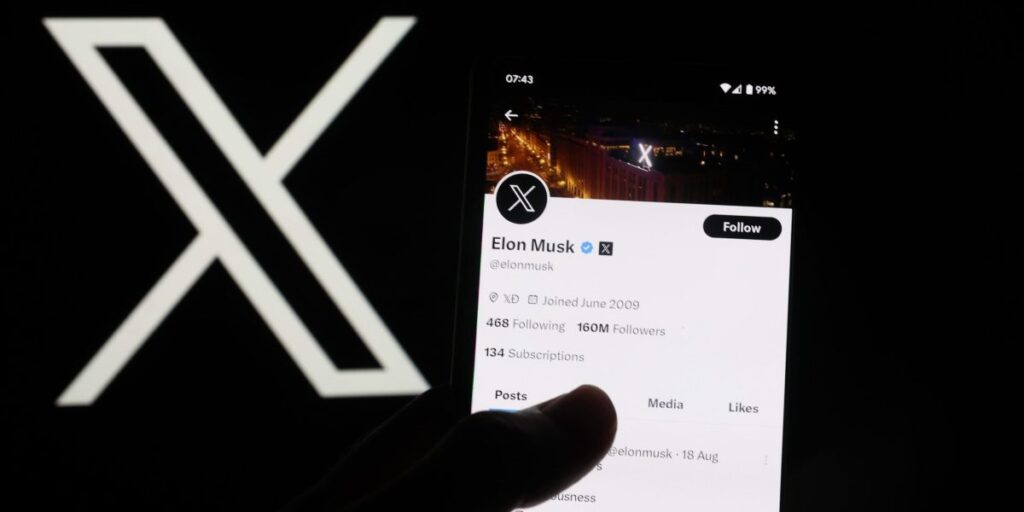As the former head of Twitter and editor-in-chief of the online publication Wired, Evan Hansen had a front-row seat to the information war. It found that even as fact-checking organizations and tools have proliferated, public trust in the media has plummeted, particularly in the run-up to yet another contentious election in the United States. But Hansen believes an emerging technology could help combat the loss of trust: blockchain.
Hansen is the co-founder of Factland, a participatory platform that offers users cryptographic tokens to settle disputes online. He sees the service, which is built on Dfinity’s Internet Computer blockchain, as a competitor to X’s Community Notes feature, which allows X users to add context to fake or unreliable posts. In the case of Factland, the service is designed to work under posts and articles on different sites and social media publications, which may adopt it as a third-party verification tool.
While Factland is still in beta testing mode, Hansen said Fortune in an interview, he hopes to launch his native token next year and start working on partnerships to test the technology. “Our big bet has been that there is a crowdsourcing opportunity where you can recruit open information groups on the Internet and get these people to join forces to investigate,” he said. “With blockchain, you can actually create a more transparent path for people to see how these decisions are made.”
Fact Checking 2.0
Hansen held high-profile positions at publications including Wired and Medium before joining Twitter as editorial director, resigning a few months after Elon Musk took over the company. He has worked on fact-checking initiatives in the past and says the most persistent challenges come from media prioritizing noisy framing, as well as reader skepticism about who is doing the fact-checking. facts, especially if it is concentrated in a small group. group of people.
Factland leverages two fundamental elements of cryptography: the decentralized nature of blockchain to settle contracts without human intervention, as well as the ability to grant tokens based on activity. Here’s how it works: anyone who opens an account on Factland will be assigned a set number of tokens. They can place them on one side or the other of different demands that arise in a conflict – for example whether schools and hospitals are “overwhelmed” because of “illegal immigrants” or whether Doland Trump wants to cut Social Security . During this time, users can post evidence to support their position.
Once a topic reaches a certain threshold of staked tokens, a “jury summons” is issued, inviting a random sample of participants to vote. The betting pool is split between the winning side, with jurors also receiving a reward. Topics may also be reopened for further evidence and further debate. “It’s one of our core principles,” Hansen said. “This idea of the revisibility of truth.”
Factland is still working on its so-called tokenomics system, and Hansen admits that some elements of the process could be manipulated. Exxon, for example, could buy tokens and vote on sustainability debates that would reinforce its positions. However, like prediction platform Polymarket, it would then become profitable for users to take the other side of the conflict, and Hansen said Factland was working on mechanisms that would ensure the jury pool represents a diverse sample .
Factland’s main obstacle is the regulatory uncertainty facing crypto in the United States. The Securities and Exchange Commission’s enforcement campaign against blockchain companies has made launching tokens risky, and Factland’s similarity to derivatives contracts would likely mean it would have to register with Commodity Futures. Trading Commission, which tried to stop election betting. Hansen said Factland has had difficulty attracting venture capital funds, even though the company operates on grants from Dfinity.
Hansen believes, however, that the best way to combat misinformation and loss of trust is to set up an external system separate from the media and social media owners. “The problem with fact-checking in general is that everyone has already decided what the truth is, and the fact-checkers come in and they don’t care,” he said. Fortune. “So trying to integrate it into the way we consume information would be a big win.” »




